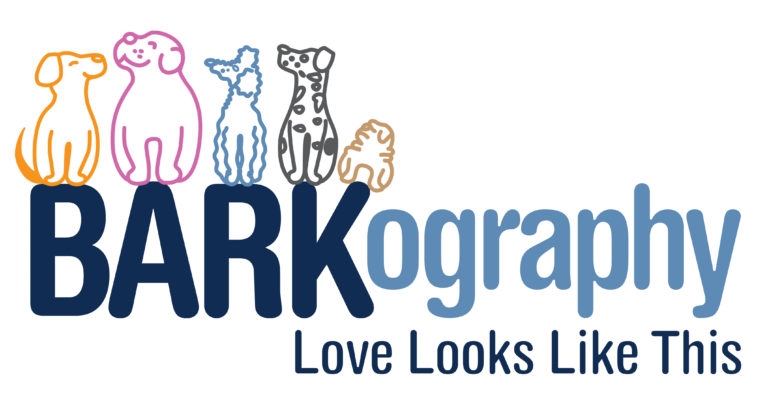Depth of Field - Pet Photography Project 52 - Week 5
This cutie is a pet sitting client of mine named Rocky. I was able to snap a couple of photos of him before he ran off. I went to a Charlotte Photography Club meetup this past Saturday and the instructor said to me, "photographing dogs is hard!" Yep, it is.
Depth of field is the topic of our pet photography project for week 5 and here is my attempt at explaining something, that of course since it's photography, can be complicated. I googled the definition of "depth of field" (also commonly referred to as DOF) and this is what I found: Depth of field also called focus range or effective focus range, is the distance between the nearest and farthest objects in a scene that appear acceptably sharp in an image. When I got into photography, I had a hard time wrapping my brain around this definition. If someone had just said to me, "it's the parts of the photo that are in focus", I might have understood it a little faster.
But as in all things photography, it is more complicated than just that. Here is more information that I found on an article from The Digital Photography School:
A basic definition of depth of field is: the zone of acceptable sharpness within a photo that will appear in focus. In every picture there is a certain area of your image in front of, and behind the subject that will appear in focus. Some images may have very small zones of focus which is called shallow depth of field. Others may have a very large zone of focus which is called deepdepth of field.
Until today, I'd never heard the term deepdepth of field.
Most of the natural light dog photographers I know typically shoot with a very shallow depth of field. Shooting like this allows the subject to stand out from the background or in other words, this allows the photographer to blur the background in order to make the subject (the dog) stand out and the biggest way to blur the background is with your aperture.
Camera settings: f/2.8, 1/400, ISO 400
Camera settings: f/8, 1/40 (yikes!), ISO 400
With the 2 photos above, the first one has the more shallow depth of field. The best way I know to explain it is to look at the fence. The fence in the left photo is less sharp than the fence on the right. My subject Rocky stands out better in the photo on the left.
*I was trying to take photos of Rocky while he stood in the same place as I changed my settings on my camera to capture the two different depths of field. Changing the ISO on my camera isn't easy, it requires me looking at the back of the camera and I didn't want to chance him moving hence the super slow shutter speed in the 2nd photo. I'm shocked it's as sharp as it is.
Shooting with a shallow depth of field gets tricky with dogs with long noses. In other words, with most dogs, right? It is actually really hard to get an entire dog's head, eyes, ears and nose in focus unless you know what you're doing.
If you want to have your background blurred so the dog stands out, you can make sure there is space between the dog and the background. You can make sure there is space between you & your camera and the dog. Both of these things will allow you to shoot with a shallow depth of field but still have the entire dog's face in focus, not just his eyes or his nose.
There are depth of field apps available too that will calculate how much of your subject will be in focus based upon your aperture, how far the camera is from the subject and the focal length of your lens. Now I threw another term at you, focal length. I warned you in the beginning... nothing about photography is easy or at least not to me. It's complicated.
When I'm home in NC, I shoot with a very shallow depth of field. I like to blur the background because most of the time the background in my photos is trees. When I traveled to CA last fall, I shot more open so more of the background would be in focus. When the Pacific Ocean is my background, I don't mind it being more in focus. When the background of my images are trees, I prefer them less defined. That's my style.
This is a blog circle and next up is Courtney from CM Bryson Photography, pet photographer, serving the Metro Atlanta, Georgia area. Be sure to click the links at the bottom of each post to see each what each photographer has to say about our topic this week.



